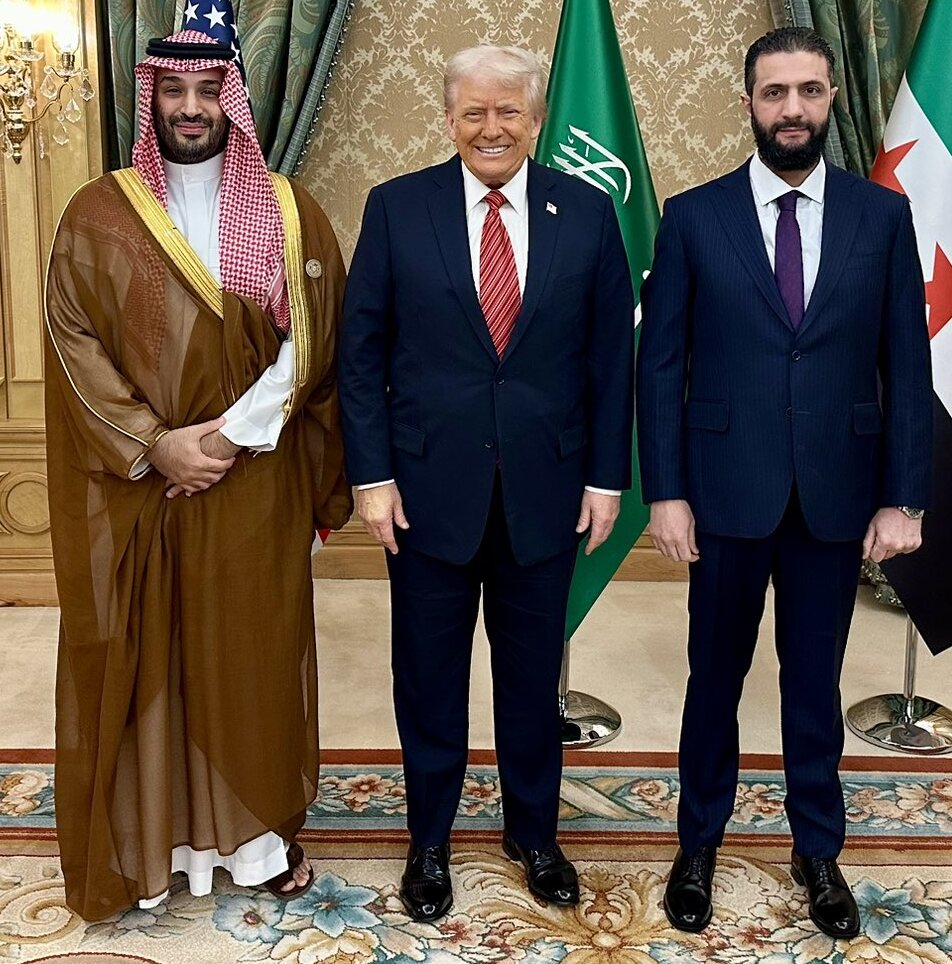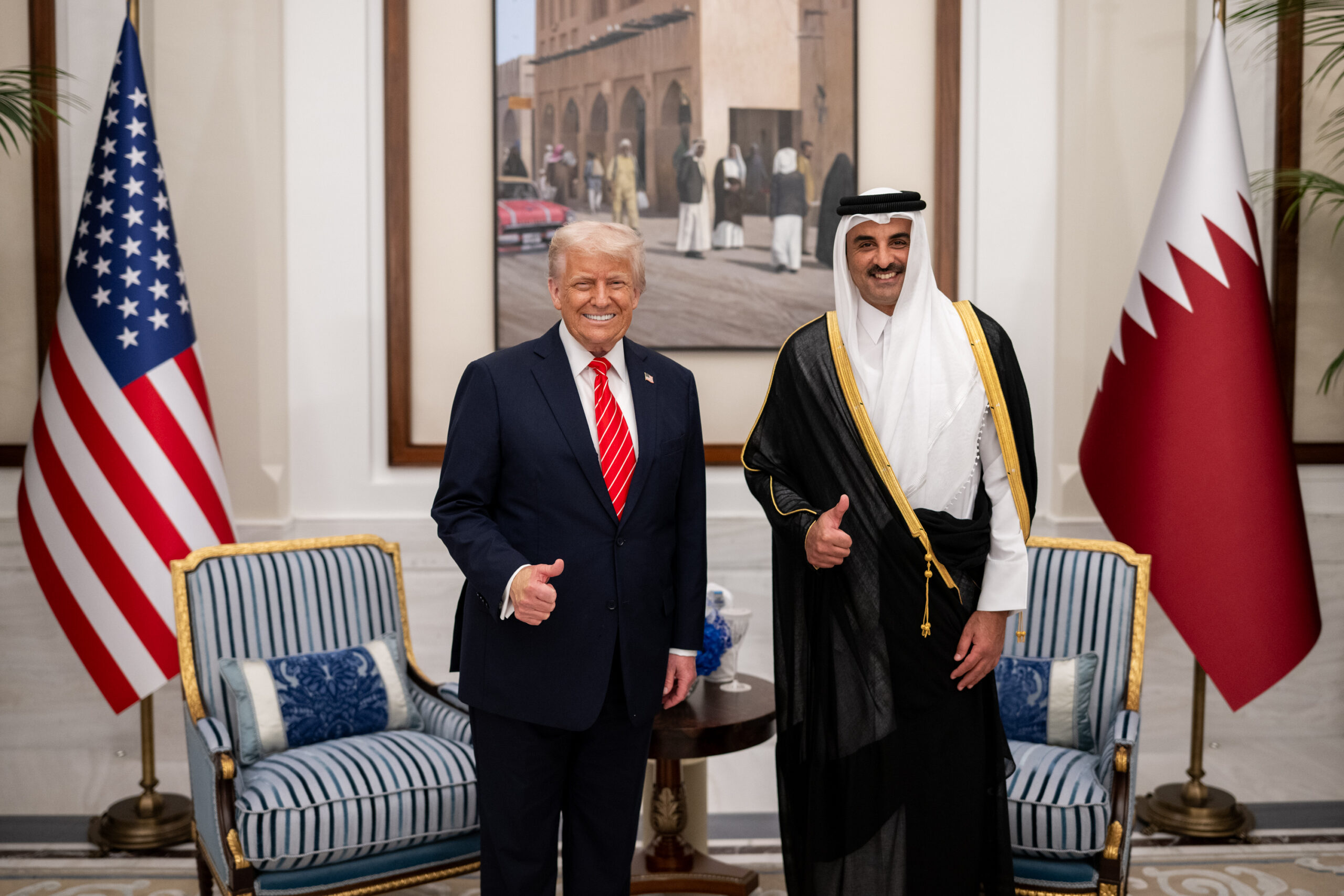On Sept. 28, 2025, activist David Hogg told his 1.2 million followers on X: “AIPAC is the most successful foreign influence operation in U.S. history.” It was the latest smear from a prominent progressive voice who frequently pushes anti-Israel narratives.
That claim is false. AIPAC is fully American — funded, staffed, and led by U.S. citizens. It does not represent the Israeli government and does not receive a single shekel from abroad. By contrast, the real foreign lobbies in Washington are Qatar, China, and Saudi Arabia, which spend billions openly shaping U.S. policy, universities, and media.
Old Smear, New Platform
Labeling Jewish civic engagement as “foreign” is an age-old tactic. The charge against AIPAC echoes classic antisemitic tropes. AIPAC functions no differently than Irish- or Greek-American groups that lobby on U.S. foreign policy — except that it is more effective, which is precisely why it is targeted.
Meanwhile, authoritarian governments like Qatar, China, and Saudi Arabia are running genuine influence machines in Washington, using money to buy silence, shape research, and secure access.
What the Critics Claim
Anti-Israel activists allege that AIPAC serves as Israel’s lobby in America, undermining democracy with foreign money. Hogg’s tweet is only the latest.
Others have piled on: In June 2025, Tucker Carlson claimed AIPAC should be registered as a “foreign agent.” Senator Ted Cruz fired back: “That is not only not true — that is false.”
Megyn Kelly and Rep. Marjorie Taylor Greene suggested that AIPAC is uniquely nefarious for sending delegations of members of Congress and influencers to Israel. In reality, such trips are standard: lawmakers regularly visit allies like Japan, Jordan, the UK, and Taiwan. Israel trips are no different — they provide firsthand education about a key U.S. ally.
The Facts on the Table

AIPAC doesn’t take foreign money — period. “Not a single Israeli shekel goes to AIPAC. It’s 100% American,” said journalist Haviv Rettig Gur.
By contrast, Qatar is unrivaled in foreign influence operations:
- Lobbying muscle: Nearly $250 million spent on 88 lobbying and PR firms since 2016.
- Government access: 627 in-person meetings with U.S. officials from Jan. 2021 to June 2025 — more than any other country.
- Campus cash: $6.3 billion donated to U.S. universities since 2001, the largest foreign donor on record.
- Revolving door: Multiple current cabinet officials in both parties previously worked as consultants or lobbyists for Qatar.
- Mega investments: $500 billion pledged in U.S. projects over the next decade, explicitly to expand influence.
China and Saudi Arabia employ similar strategies, investing billions to sway Washington and mute criticism.
Legal experts are clear: under the Foreign Agents Registration Act (FARA), an organization must act “at the order, request, or under the control” of a foreign government to qualify as a foreign agent. AIPAC does none of these things — it has no Israeli funding, no Israeli officials on its board, and no contractual ties to Israel.
Why It Matters
Foreign money from authoritarian states bends U.S. policy, shields terror sponsors from accountability, and hands despotic regimes a megaphone in America. Smearing AIPAC distracts from this reality.
The truth is simple: AIPAC is a grassroots American lobby. The ones actually buying Washington are Qatar, China, and Saudi Arabia.




